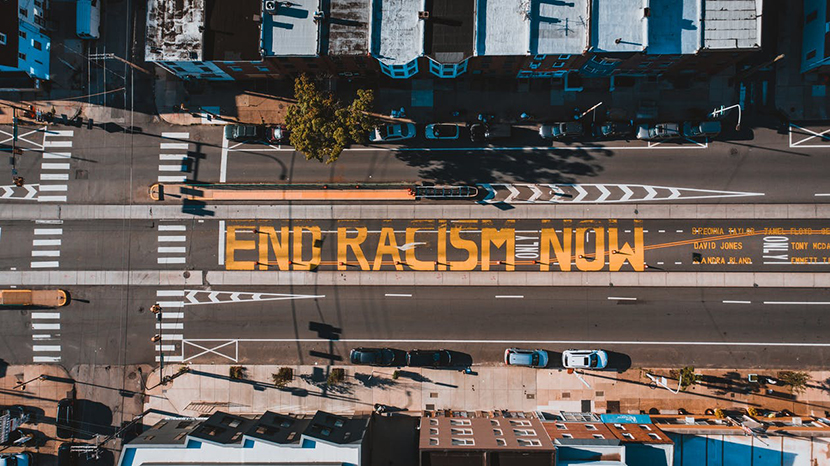
ULI: Real Estate Industry Should Promote Health, Social Equity

The real estate industry should adopt health and social equity practices and promote those already in existence, said the Urban Land Institute, Washington. D.C.
ULI said the protests for racial justice that spread throughout the country during the summer and the ongoing COVID-19 pandemic have “elevated” health and social equity as focus areas for real estate practitioners.
“Health has become a key area of focus for real estate leaders, including developers and building owners, operators and investors,” said ULI CEO W. Edward Walter. “[And] the pandemic and the protests have illuminated deep structural inequities in society. As a result, the real estate industry is looking beyond the building to promote healthy and more equitable communities and address racial injustice.”
The report, Health and Social Equity in Real Estate: State of the Market, surveyed nearly 700 real estate professionals and found growing awareness of practices supporting health and social equity. It identified ways for the real estate industry to promote social equity including community outreach to understand local needs, designs that reflect these needs, strategies to mitigate population displacement and hiring practices that support social inclusion. The most frequently adopted planning strategies are those that address transit, walkability and biking infrastructure and access to nature or open space.
ULI also noted a “qualitative value” that comes from implementing health and social equity practices, driven by occupant demand, community success, government incentives, competitive branding/marketing and building certifications.
ULI said it aims to accelerate the uptake of health and social equity initiatives in commercial real estate portfolios market-wide by demonstrating what companies have achieved at their properties. The report identifies several tools, calculators, resources and partnership groups for commercial real estate stakeholders interested in deepening their firms’ commitment to health and social equity initiatives.
